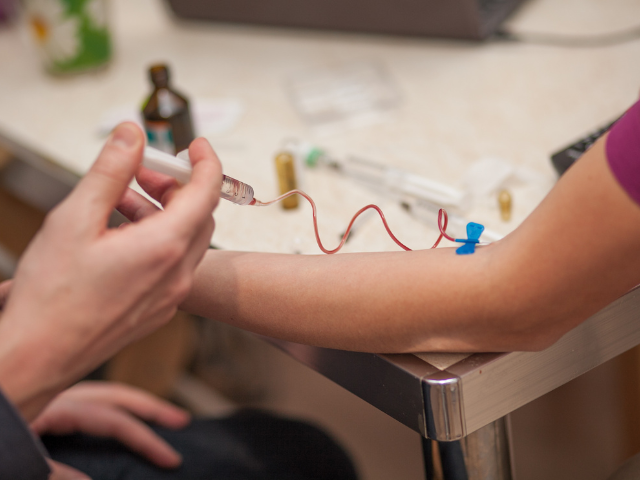1. Never Say It’s Quiet.
Suggesting that the shift has been “slow,” “quiet,” or “calm” is believed to spur a busy period. To manage an unanticipated uptick in patients or healthcare chaos, take an effective communication in nursing course. When any link in the communication chain fails — even if it’s as simple as uttering a superstitious phrase — poor outcomes are evident, alongside wasted resources, reductions in patient and staff satisfaction, and a decline in the quality of patient care. The course will teach you about communication types and help you overcome potential barriers to communication.
2. Always Leave a Dying Person’s Window Open.
The idea here, for those who believe, is that the deceased person’s soul is able to leave the room through the cracked window. To better prepare yourself and your patient for this moment, consider enrolling in an end-of-life process course. The process of dying varies from person to person, but there’s typically a recognizable pattern of decline. To provide the best care and prepare both the hospice patient and their family members for the inevitable, the nurse and caregiver need to distinguish the phases of the end-of-life process: transitioning, actively dying, and final moments.
3. Never Order Food During Your Shift.
It’s all but guaranteed that as soon as your food arrives, so too will chaos. We all know that chaos leads to burnout, so take steps to prevent it. A nurse burnout course will help you identify signs and symptoms of burnout, enabling you to implement self-care practices to lessen its effects.









